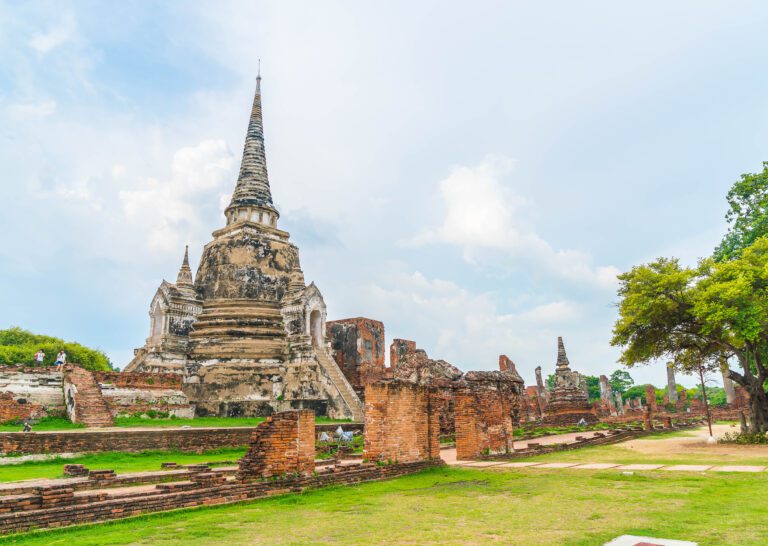
The secret’s out: the low costs and surprisingly high quality of living in certain parts of the Mekong Subregion can give adventurous seniors from the West the golden retirement home they’ve been looking for.
Two countries, in particular, offer visas designed specifically for retirees: Cambodia and Thailand. For countries in the Mekong without those visas, certain workaround still exist for retirees.

Retiring in Cambodia
Cambodia is ideal for long-term visitors who can get behind the friendly locals, relaxed lifestyle, low cost and low government regulation – while accepting the country’s dearth of infrastructure beyond cities like Phnom Penh, Siem Reap and Battambang.
Rents can go for about US$150 a month for a Khmer-style house on the outskirts of Phnom Penh, to as much as US$2,000 for a luxury apartment in a central location. Overall, rents cost about 62% less than comparable rates in Atlanta, Georgia, USA. With the relatively low cost of living even in the cities, Western pensions can go a long way in Cambodia, allowing comfortable living even on a fixed income.
You can apply for a Cambodia Retirement ER Visa extension, which is issued to retired foreigners and grants one-year residency to its holder. To qualify for a Cambodia Retirement ER Visa, you must be 55 years old or older; and have proof of retirement in your home country, with a pension or social security documentation.

Retiring in Thailand
The low prices, affordable health care and foreigner-friendly destinations makes Thailand a great deal for retirees.
The Kingdom has managed to build a world-class medical infrastructure for budget-minded visitors: over 60 JCI-accredited hospitals in major cities like Phuket, Bangkok and Chiang Mai give retirees access to world-class medical care for much lower costs than in the West – a major draw for seniors who want to escape the U.S.’s onerous healthcare environment!
To retire in Thailand, you’ll need to secure a long-stay, non-immigrant “O-A” visa. Applicants must be 50 years old or older, pass a police check and a medical checkup, and deposit THB 800,000 (about US$23,000) in a Thai bank. Alternatively, you need to show a pension worth at least THB 65,000 (US$1,870) monthly.

Retiring in Vietnam
The relaxed vibe and the low cost of living in Vietnam make it a tempting retirement destination for Western seniors; some analysts believe the local cost of living is about 49% lower compared to the U.S., with rents being 75% lower overall.
Retirees flock to Viet Nam’s major metropolises and coastal cities for their retirement stays; Phu Quoc Island, Da Nang, Nha Trang, and Ha Noi are often top of mind for seniors looking for a long-term residence. Western visitors appreciate the balanced weather they can get in Viet Nam, though typhoon season can be a challenge for unaccustomed foreigners. There are also seven JCI-accredited hospitals in Viet Nam, so healthcare is reasonably taken care of.
Unlike Cambodia and Thailand, Viet Nam has no official retirement visa policy. One workaround is to apply for an investment (DT) visa, which cover four different types and require applicants to invest a minimum of US$130,000 in a local business venture. The DT visa is valid for at least 12 months and up to five years; you can apply for a temporary residence card which lets you stay in Viet Nam for up to five years without a work permit.





